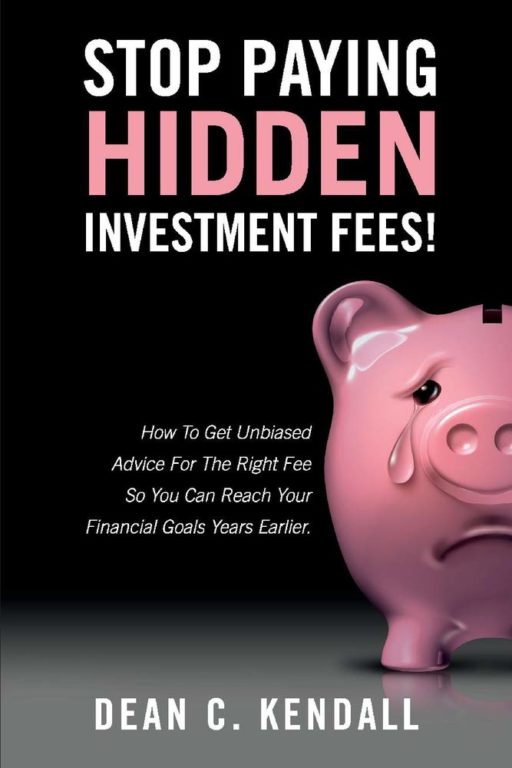One simple question to ask when seeking financial advice
And why it can save you thousands
Advertisement
And why it can save you thousands

Share this article Share on Facebook Share on Twitter Share on Linkedin Share on Reddit Share on Email